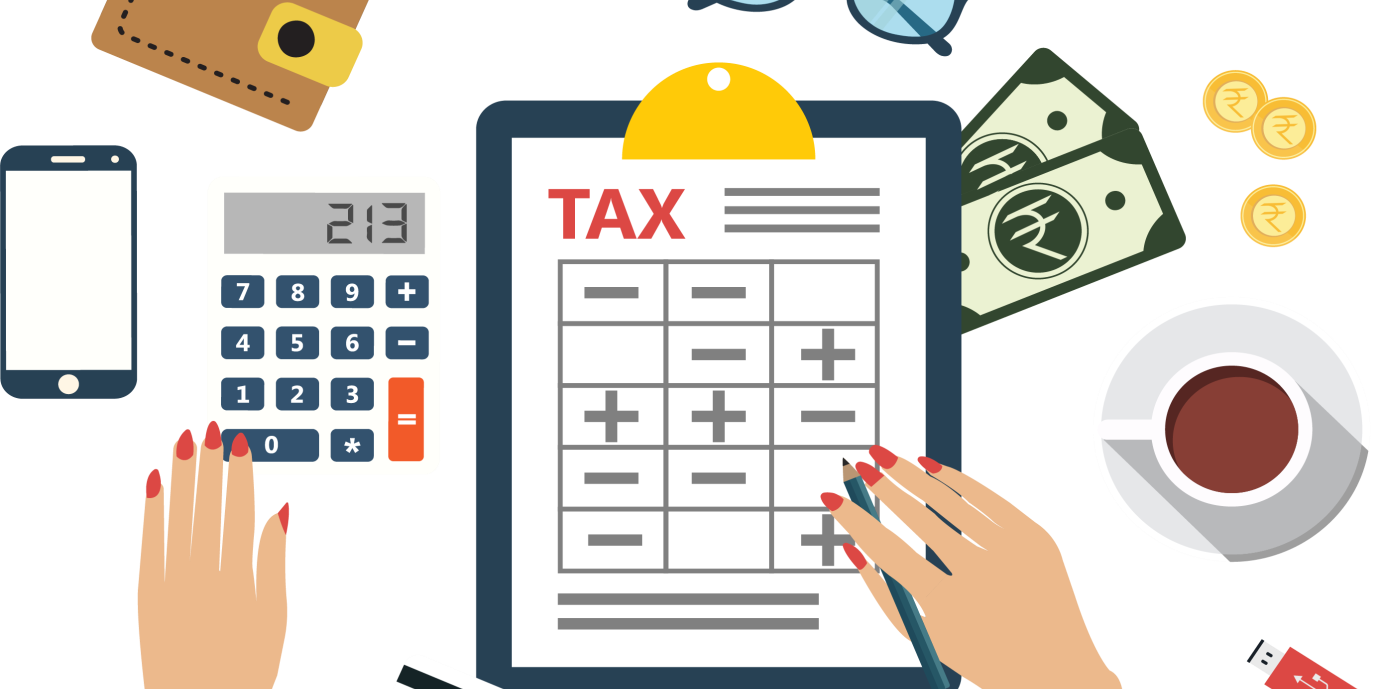Who Can File Tax Returns, Receive Tax Refunds, and Exempt from Filing Tax Returns in Japan?
Understanding personal tax obligations in Japan is crucial for legal compliance and financial optimization. This article provides a comprehensive guide on who needs to file tax returns, who may be eligible for tax refunds, and who is exempt from filing in Japan.
1. People who are subject to tax returns
Whether or not you are required to file a tax return depends on your annual income and other conditions. Be sure to check the National Tax Agency’s website to see if you need to file a tax return. Here we will explain the following typical cases in which you will need to file a tax return.
1.1. Self-employed or freelance individuals with an annual income of 480,000 yen or more
The income of people who are not affiliated with a company and work as sole proprietors or freelancers falls under “business income.” First, if your business income for the year is 480,000 yen or more, check whether you need to file a tax return.
This 480,000 yen refers to the amount of the ” basic deduction ” that is deducted from the income of all taxpayers in principle.
If your income for the year is 480,000 yen or less, your income will be 0 yen after deducting the basic deduction amount, so you do not need to file a tax return.
However, if there are other applicable income deductions in addition to the basic deduction or if tax is withheld at source, you may be able to receive a refund by filing a final tax return.

1.2. Those whose salary income for that year exceeds 20 million yen
In principle, salaried workers, such as company employees and part-time workers, do not need to file a tax return individually, as the company will report and pay the income tax on their behalf in the form of year-end adjustment.
However, if your salary income for the year exceeds 20 million yen, you may need to file a tax return as you are not subject to year-end adjustment. After calculating the amount of income tax to be paid, if there is a remaining balance (amount to be paid), you will need to file a tax return individually.
1.3. People whose side job income exceeds 200,000 yen per year
Even if you are a company employee or other salaried worker and have had your year-end tax adjustment done, you may need to file a tax return if your income from a side job or other source other than your main job exceeds 200,000 yen. Please note that the method of calculating the amount of income tax varies depending on the type of income earned from a side job. For example, if you receive a salary from a side job, it is classified as “salary income,” and if you receive a remuneration, it is classified as “business income” or “miscellaneous income.”
1.4. People who receive a certain amount of public pension
If you are receiving a public pension and meet either of the following two conditions, you may be required to file a tax return. Public pension income (if subject to withholding tax) exceeds 4 million yen. The amount of income other than miscellaneous income, including public pension, exceeds 200,000 yen.
In addition to the above, if you are not eligible for the tax return exemption system, you must file a tax return yourself.
2. Individuals Eligible for Tax Refunds by Filing a Tax Return
If you fall under the following categories, there is no penalty for not filing a tax return.
However, you may be able to receive a refund by applying for income deductions or tax credits in your tax return. The following are typical cases in which you may be able to receive a refund in your tax return.
Examples of where you can receive a refund when filing your tax return
① Your medical expenses for the year exceeded 100,000 yen.
② You applied for a housing loan deduction.
③ You made a hometown tax donation.
④ Your business incurred a loss.
⑤ Your assets were damaged in a disaster, theft, or accident (miscellaneous loss deduction).
⑥ You left your job during the year and did not find a new job within the year.
⑦ You did not submit a “Declaration for Receipt of Retirement Income.”

3. Individuals Exempt from Filing Tax Returns
In the case of company employees and part-time workers, as a rule there is no need to file a personal tax return, since the company will carry out the year-end adjustment and will report and pay the income tax on your behalf.
In addition, the following people do not need to file a personal tax return:
- People who do not need to file tax returns
- Company employee with salary income of 20 million yen or less and annual income from side jobs etc. of 200,000 yen or less
- Miscellaneous income related to pension is 4 million yen or less per year and income other than pension is 200,000 yen or less per year
- Business income of sole proprietors etc. is 480,000 yen or less

Understanding Japan’s tax filing regulations is essential for legal compliance and optimizing your personal finances. With 15 years of experience assisting the Vietnamese community in Japan, HSB JAPAN is committed to:
- Direct collaboration with tax authorities to ensure ACCURACY & SPEED
- Handling ALL COMPLEX CASES
- Providing CLEAR, TRANSPARENT contracts with no hidden fees
- Helping you MAXIMIZE your tax refund directly into your personal account
Contact us now for the best support!
